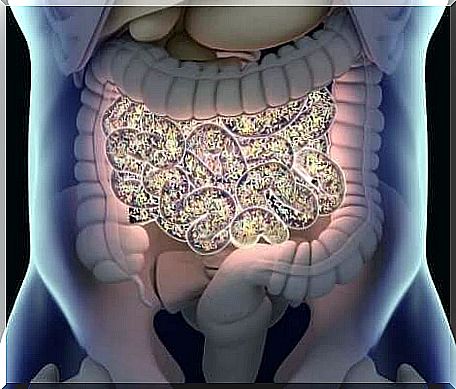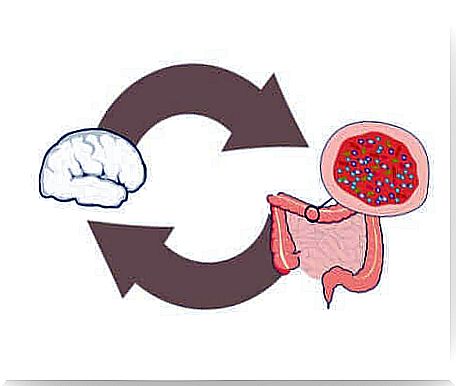Gut Bacteria: The Possible Basis For Future Treatments For Obesity
Obesity is a global health problem with a multifactorial etiology. Among the factors that we suspect and study, we find intestinal bacteria.

We humans have a huge amount of bacteria in our bodies, which help us perform many functions – such as digestion – or protect us from other bacteria that can trigger disease. Some of these are intestinal bacteria.
Gut bacteria make up the gut microbiota. It is a collection of microorganisms that permanently live in our digestive tract. It is mainly composed of bacteria but we can also find viruses and fungi.
This intestinal microbiota thus represents almost 1.5 kilograms of our weight. According to scientists, these bacteria perform multiple functions because they enable some of the metabolic reactions that we need to live and also stimulate the immune system.
We are currently studying the role of these intestinal bacteria in relation to aspects such as obesity. Here we will explain what has been discovered on this topic and why it could be a future treatment.
What is the function of intestinal bacteria?
As we have already mentioned, intestinal bacteria are microorganisms found in our digestive tract. They are of different species and, moreover, each person has a different gut microbiota.
Scientists have studied these differences between people to demonstrate the functions of these bacteria in our body. They could see that having a healthy microbiota helps maintain a balance throughout the body.
It seems that the intestinal bacteria are determining in the metabolism. Apparently, they help regulate appetite and weight, as does the inflammatory process associated with obesity. They could even play an important role in stress control.
For example, we could see that people with a good state of health had a lot of bacteria of the genus Clostridium. And, on the contrary, those who have a problem with their immune system have a much lower number.

Their role in pathologies
The latest studies indicate that these gut bacteria can play an important role in certain diseases. For example, since they participate in glucose metabolism, they could be linked to diabetes.
They could even be involved in various cardiovascular diseases. One of the most important data is that in obese people variations in the intestinal flora have been detected.
This represents one of the most important fronts of research, given the high incidence of obesity in the current population. It is estimated that around 650 million people are obese worldwide.

How can gut bacteria be used to treat obesity?
When an imbalance occurs in the amount of gut bacteria, different changes can take place. At first, it seems that many obese people have bacteria that are able to use more of the energy present in certain foods.
In other words, they take in more nutrients than others. This is why the caloric intake is more important than in thin people, who cannot use these nutrients. Other changes that take place depending on the intestinal bacteria present in an obese individual are:
- There are fewer anti-inflammatory molecules occurring.
- There is not a good regulation of appetite or bowel habits.
- There is also a greater accumulation of fat.
All these variations are still under study. Nevertheless, they suppose a great front of research. Indeed, if intestinal bacteria are so involved in weight management, it means that they could form the basis of a future treatment.
Thus, the treatment would consist of changing the proportion of intestinal bacteria. We would seek to find the balance of healthy and thin people. This could be done through certain probiotics, or even with fecal transplants.
Although it may sound strange, fecal transplants are already being used to treat some infections. They help replace the bacterial flora present in the intestines.
To conclude, all of this is still being studied but nevertheless constitutes an important advance for medicine.









